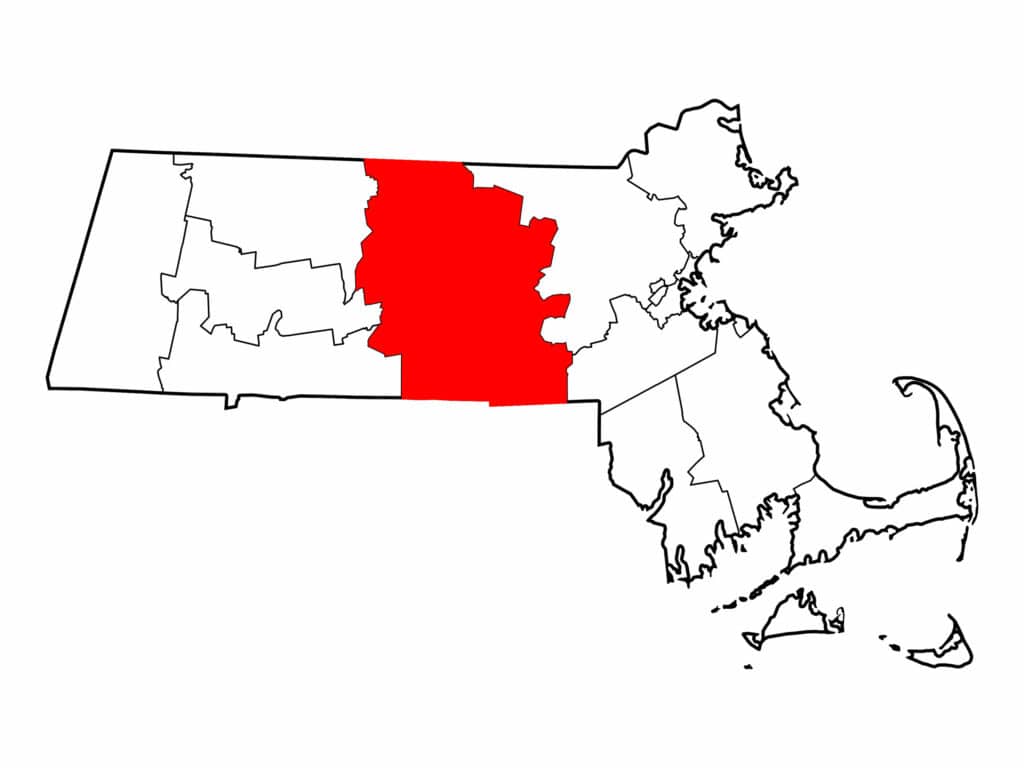
Types of Equine Respiratory Disease
Learn more about equine asthma, acute respiratory infections, and shipping fever in horses.

Learn more about equine asthma, acute respiratory infections, and shipping fever in horses.

Dr. Lutz Goehring weighs in on what researchers have learned about equine herpesvirus-1, how it spreads, and how to prevent infection.

The Worcester County horse was euthanized.

Horses might need additional risk-based vaccines in the fall months, depending on location and activities.

Determining exactly which vaccines a horse needs can be confusing. Here are some basic do’s and don’ts to make sure you’re providing the disease protection your horse needs.

Confused by the various vaccine types, schedules, and administration routes for horses? Here’s what you need to know.

The FEI veterinary committee proposed 13 ways to improve biosecurity at equestrian events.

Here’s a look at what we know and what we’re learning about equine herpesvirus type 1 (EHV-1) in light of recent outbreaks.

Veterinarians consider a rare disease in a mare battling respiratory infection, pneumonia, and fever.

Researcher: Differing and possibly delayed immune responses could explain the variation and offer potential for redirecting viral effects.

Regular, strategic vaccination is a safe, effective method to greatly minimize the chances of deadly diseases impacting your herd. Learn more in this article from the April 2022 issue of The Horse.

Remember these three core biosecurity steps to help keep your horses as well as your fellow competitors’ horses healthy.

The researcher replaces Dr. Peter Timoney, recently retired professor and Lennep Chair in Equine Veterinary Science at the University of Kentucky’s Gluck Center.

EHV-2 and EHV-5 behave unlike EHV-1 and -4 and respond differently to antivirals, leaving researchers eager to better understand their importance.

Routine health monitoring and broader testing helped veterinarians identify an outbreak quickly.

Fifteen more horses were exposed.
Stay on top of the most recent Horse Health news with
"*" indicates required fields